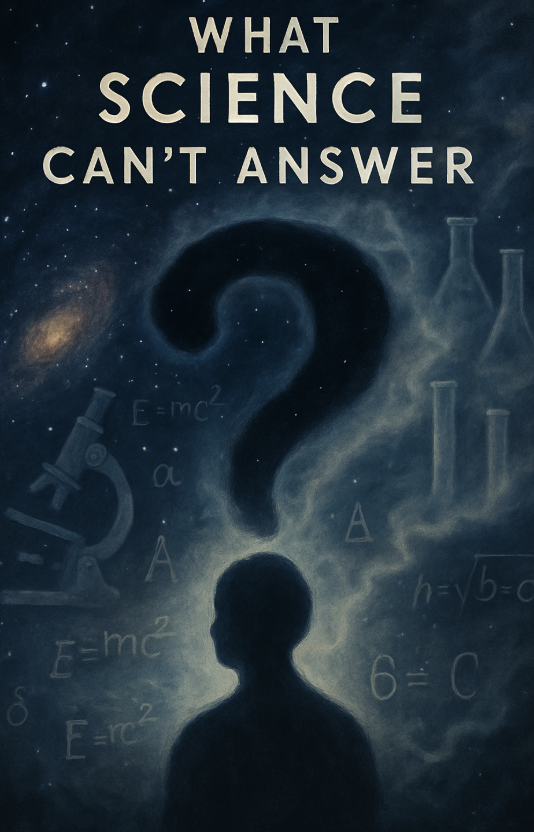Pursuing knowledge and understanding of the universe has always been a human endeavor. As we continue to expand our scientific knowledge, we must also acknowledge that there are questions that transcend science. These big questions, such as the nature of self, our place in the universe, and where we came from, have been asked for millennia and may never be answered.
However, gaining knowledge and understanding should include the mystery and beauty of the world. Instead, it should inspire awe and wonder at the complex and intricate workings of the universe. The more we understand, the more we can appreciate and find wonder in the world.

It is essential to recognize the limits of our current scientific understanding, as it is only like an island surrounded by an ocean of the unknown. As we gain knowledge, the island grows, but the sea of the unknown remains vast. There may be questions we may never find answers to, but this is the nature of humanity - the desire to seek answers to deep questions.
Scientists may be seen as having a cold, analytical view of the world, but in reality, they, too, are in awe of the mysteries of the universe. The discoveries of science, such as Newton's realization of the force of gravity or the equations of electromagnetism, inspire wonder and amazement.

As interdisciplinary research becomes more prevalent, expertise in one field may not be enough to address the big questions. Physics may be the best way to learn about the world, but it cannot address questions related to human behavior or the workings of the human brain.
In conclusion, pursuing knowledge and understanding the universe should not detract from its mystery and beauty. Some questions transcend science, but seeking scientific knowledge should inspire awe and wonder. As we continue to expand our understanding, we must also acknowledge the limits of our expertise and the vast ocean of the unknown that remains.